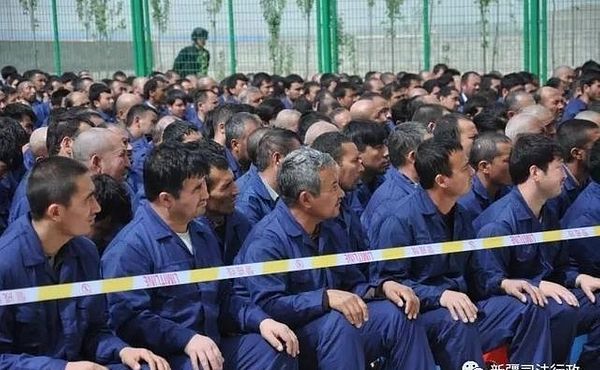This past Sunday we gathered for worship at Trenton United Church and I was impressed and touched by the number of people wearing orange shirts and other articles of clothing. This was in anticipation of today, which is Orange Shirt Day in Canada. This event began in British Columbia in 2013 and honours the Indigenous children who were often abducted from their families and communities and indoctrinated in residential schools.
The “orange shirt” in Orange Shirt Day refers to the new shirt that Phyllis Webstad was given to her by her grandmother for her first day of school at St. Joseph’s Mission residential school in British Columbia. That shirt and everything else she had was taken from her. She has lamented “how my feelings didn’t matter, how no one cared and I felt like I was worth nothing. All of us little children were crying and no one cared.”
Here is the description of the school system on the CBC Kids website:
Residential schools were church-run schools where approximately 150,000 Métis, Inuit and First Nations children were sent between the 1860s and the 1990s. The schools harmed Indigenous children by removing them from their families, forcing them to speak English or French instead of their ancestral languages, disconnecting them from their culture and traditions and forcing them to adopt Christianity in order to assimilate into Canadian society. The government has since acknowledged that this approach was wrong, cruel and ineffective, and offered an official apology to the Indigenous people of Canada in 2008.
The Orange Shirt Story -- book by Phylis Webstad
In 1998 the United Church of Canada, through then-moderator Bill Phipps, apologized for its involvement in the residential school system:
I wish to speak the words that many people have wanted to hear for a very long time. On behalf of The United Church of Canada, I apologize for the pain and suffering that our church’s involvement in the Indian Residential School system has caused. We are aware of some of the damage that this cruel and ill-conceived system of assimilation has perpetrated on Canada’s First Nations peoples. For this we are truly and most humbly sorry.
Our grandsons wore orange shirts yesterday as their school observed this occasion a day early. At home and school they were educated about what the orange colour represents. It's a grim aspect of Canadian history and we can all remember, repent, and reform.
God of struggle, and of reconciliation,
Be with us as we remember what we have been a part of:
Cruel and unjust systems Efforts to say “sorry” … and to mean it
Remind us that our history as people is like a braid
We are wrapped together And there is tension in that, and pain
But there is also strength Remind us of the beauty and sacredness of braids
The beauty and sacredness of relationships
Remind us to never again sever these braids
But to honour them in everything we do God of struggle, and of reconciliation,
Be with us as we recognize what we must be a part of:
Loving and just relationships Saying “sorry” … and actively meaning it. Amen
United Church Prayer





























